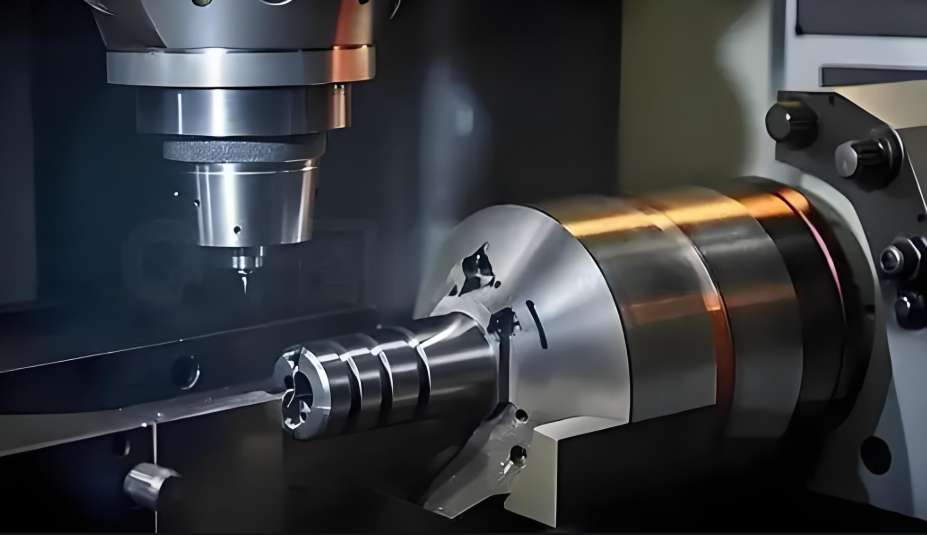
In the scorching salt spray of the Persian Gulf and the depths of the dusty Arabian Desert, energy exploration equipment faces the harshest tests in the world. The high corrosivity of sulfur-containing oil and gas, the extreme high pressure of deep-sea environments, and mechanical wear caused by frequent disassembly constantly threaten the continuous operation of drilling platforms and gas pipelines. Precision CNC machining technology has demonstrated irreplaceable value in this field. It is not only a manufacturing process but also the underlying logic for ensuring energy security.
Anti-sulfur valve cores are like silent sentinels of sulfur-containing gas fields. When high-concentration hydrogen sulfide gas, mixed with sand and dust, seeps into the valve system, ordinary metals quickly lose their defensive capabilities. We have chosen super duplex stainless steel, which has undergone special thermal cycling treatment, as the base material and meticulously crafted it on a multi-axis CNC lathe. The cutting tool tip glides over the spherical surface of the valve core, leaving a surface as smooth as moonlight in the desert, with any minute grooves or depressions completely smoothed out. This extreme smoothness, combined with titanium nitride coating technology, prevents corrosive media from lingering and accumulating at critical points. Field feedback indicates that even in the face of the unique corrosive media and high-frequency opening and closing impacts in the Gulf region, the valve core sealing surface remains stable in the long term, sparing maintenance teams the trouble of frequent disassembly.
Failure of deep-sea flanges is a nightmare for subsea pipelines. The pressure at a water depth of 3,000 meters exceeds 30,000 psi, and the bolt preload of ordinary flanges will quickly decay under temperature fluctuations. To address this pain point, we innovatively use integrally forged ASTM A694 F65 alloy steel and complete the synchronous machining of the flange sealing surface and bevel using a five-axis CNC center, ensuring that the metal grain flow direction is perpendicular to the pressure-bearing surface. This technology stably controls the flatness of the flange within 0.03 mm and, combined with a specially designed toothed sealing groove, maintains a durable and reliable metal seal under subsea temperature fluctuations and ocean current impacts.
The special requirements of the energy exploration field drive the continuous evolution of manufacturing precision. From the quick-assembly and disassembly drill pipe joints in desert oil fields to the pressure-resistant casings of subsea Christmas trees, the CNC machining system is always the cornerstone of quality. The workshop's constant temperature control system limits environmental temperature fluctuations to ±0.5°C, and an online laser measuring instrument is used for real-time compensation machining of deep-hole parts. This capability ensures that the inner diameter tolerance of hydraulic valve blocks is maintained at ±5 μm, allowing high-pressure oil circuits to maintain precise flow control in sandy media.
The unique geological structure and climatic environment of the Middle East require equipment manufacturers to have in-depth situational awareness. Our accumulated local experience has been integrated into the manufacturing process: optimizing material heat treatment curves for the high-temperature environment of the Gulf, designing anti-fretting wear structures for frequently disassembled components, and developing multi-layer composite coating processes for offshore platform salt spray. Each product must pass accelerated aging tests in sulfur-containing media and full-size three-coordinate scanning. This is both a respect for extreme working conditions and a fulfillment of our commitment to customers.
For more technical documents on high-sulfur environment component protection solutions and deep-sea equipment manufacturing standards, please refer to www.simituo.com.